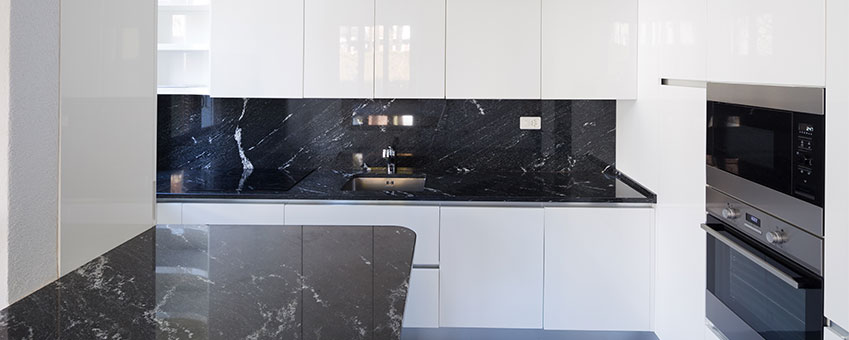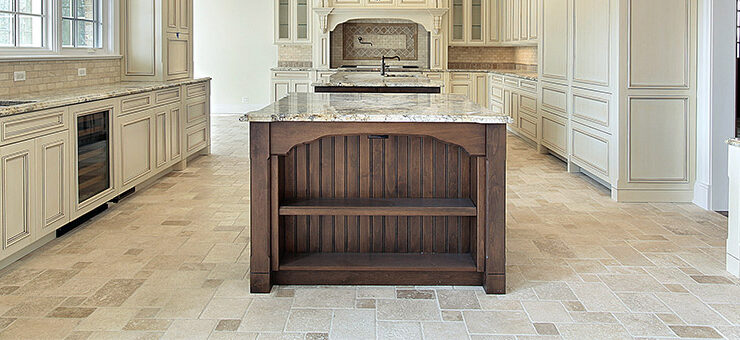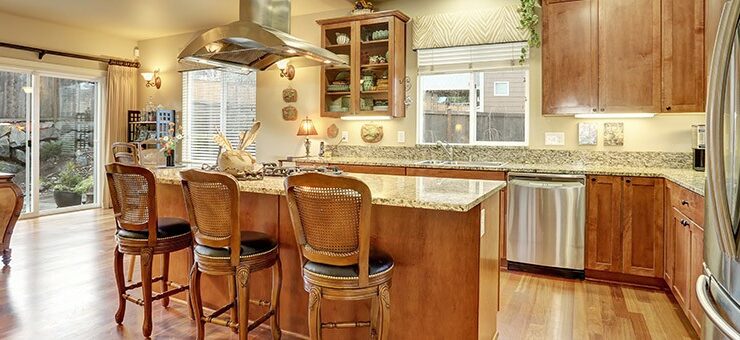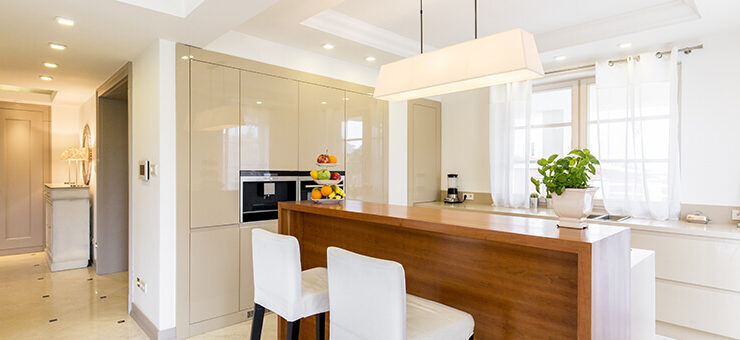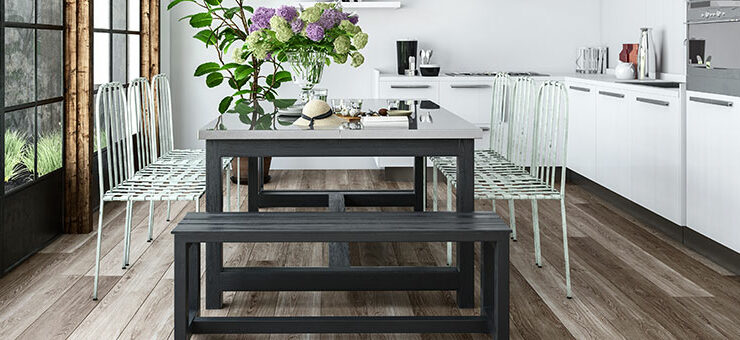Granite countertops are a beautiful and durable addition to any home. Whether you’re installing them in your kitchen or as your primary bathroom surface, granite brings a warmth and longevity to your home that can’t be surpassed. Naturally hosting a variety of stunning colors and undertones, granite countertops easily mix and match in with color schemes you already have set in your interior decor, and easily fit into your future change up plans.
What’s more, granite countertops are an investment in the future. When you consider additions that are important to your home when it comes to resale value, granite countertops should be at the top of the list. They carry with them a reputation for durability, but also act as a visually appealing feature when potential homebuyers are passing through. That being said, making sure your granite countertops remain in tip-top condition for as long as possible requires a little effort on your part. While granite countertops often come from the manufacturer already sealed for surface protection, there are signs along the way that let you know it’s time to re-sale and ensure those surfaces last for years to come.
Protection and peace of mind from the beginning
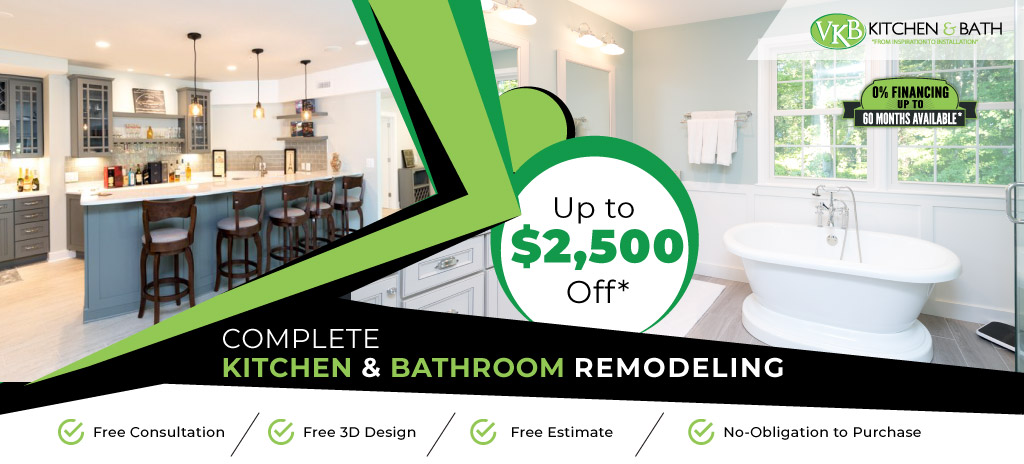
One of granite’s most prominent features is its durability. As a countertop surface, granite is able to withstand a great amount of wear and tear that naturally comes along with everyday life and family. Many homeowners choose granite for exactly this reason. However, when granite countertops are first installed, some choose to go ahead and add an additional layer of sealant for added protection and peace of mind. This may be a particularly useful move if you’re home is one that is often occupied with busy children or teenagers. Having that added barrier of protection is going to help protect those surfaces against staining, messes and spills that are bound to happen.
While granite doesn’t necessarily require any extra sealant initially, adding it won’t harm your surfaces– it will only make them more durable in the long run. Just keep in mind that granite tends to react more positively when the same sealant is used every time. Additionally, going with the same sealant provider every time might save you money in the long run as a loyal customer when sales and promotions come around!
Once every two years can do the trick
The former standard when it came to sealing granite was that it was most beneficial if it was done annually. Manufacturing techniques have proven to be more than efficient and granite can now be purchased in an extremely durable state at the time of installation. This means it’s no longer necessary to seal your surfaces every year. However, it’s advisable to re-seal approximately every two years to keep them in top condition. Adding sealant only works to ensure that your countertops remain in their best form no matter how long they stay in your home.
If you start to notice any fissures or etch marks
While this is not a common occurrence with granite countertops, it is possible for any natural material to wear over time. If you begin to notice any small fissures or etch marks within your granite surfaces, it’s definitely time to reseal. If those fissures require more than just a sealant covering to protect the stone, make sure to be in contact with the manufacturer or a granite professional who can easily repair these small fractures, leaving granite countertops looking as good as new.
If you start to notice moisture rings from glasses
Left unsealed, granite as a natural stone in nature easily absorbs moisture and liquid. Unfortuantely, this tendency ultimately leads to the breakdown of the stone. This is why sealant is so important and manufacturers of granite surfaces take an extraordinary amount of care to make sure sealant is done to near-perfection. In the event you would start to notice any moisture breakthrough in your granite surfaces, such as liquid rings left after a water glass is set down–it’s a sure sign it’s time to reseal. Damage doesn’t have to be permanent if it’s caught in time and sealant is applied sooner rather than later.
If you’re looking to resell for the sake of value
Just as it’s not necessarily a must-do to invest in additional sealant when your granite is first installed, it’s not necessary to add a layer before re-sale…but it might help you out. Being able to promote your most recent re-sealing to potential homebuyers could be the ticket to a quick sale. It puts prospective buyers in the mindset that your granite has not only been well maintained, but is being given a little extra TLC on their behalf. It’s an easy and efficient way to increase the value and appeal of your home on the market when you’re looking to sell.
